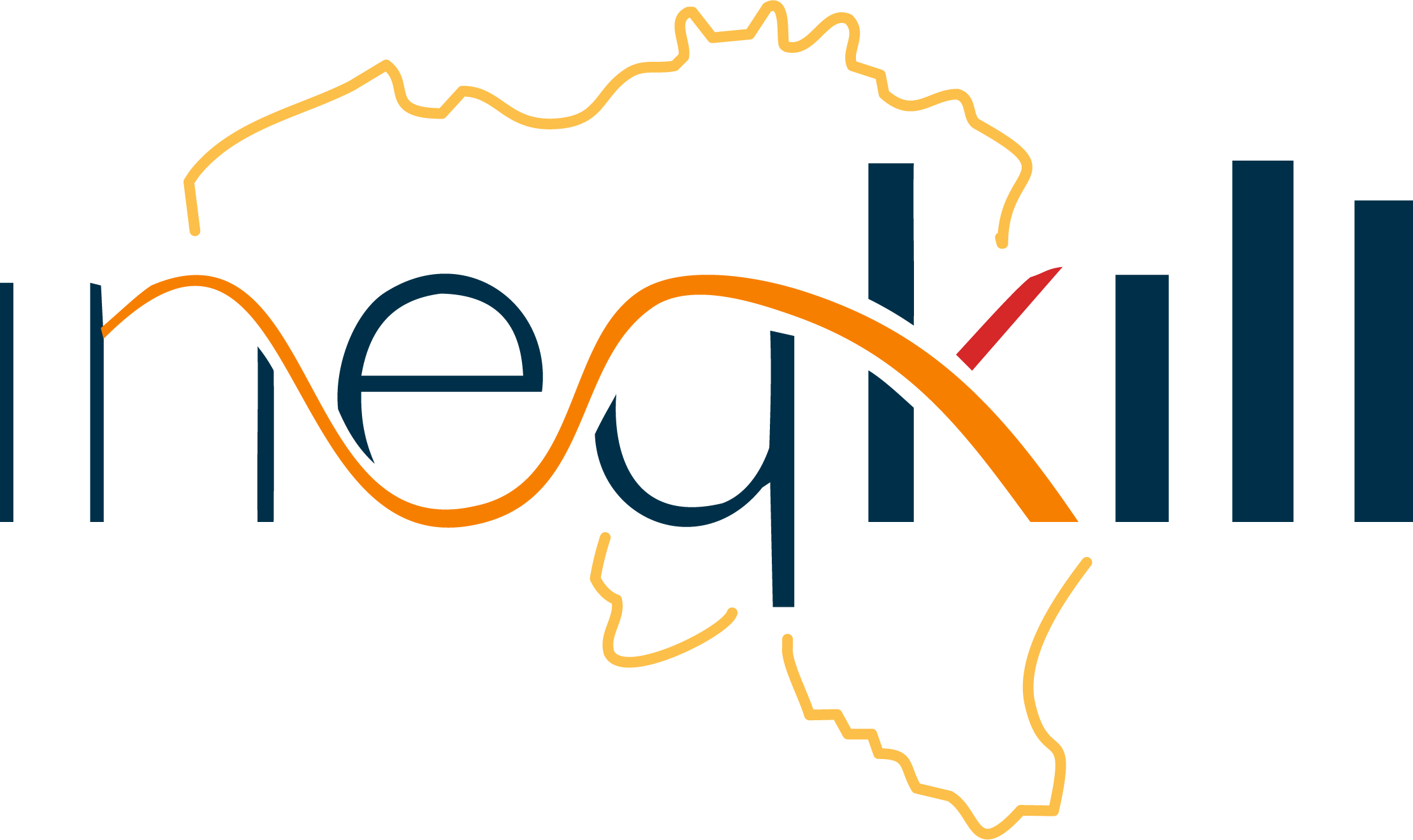The EOS project “How inequality kills. Two centuries of social and spatial disparities in all-cause and cause-specific mortality in Belgium (1800-2025)” (INEQKILL) is looking for a doctoral researcher. INEQKILL is a four-year interdisciplinary project funded by FWO (Research Foundation Flanders) and FRNS (Fonds de la Recherche Scientifique) starting in October 2022.
Project background
INEQKILL focuses on a crucial dimension of inequality in society, the disparity in death, coined ‘ultimate inequality’. The project aims at generating new knowledge and insights into the origin and development of inequalities in all-cause and cause-specific mortality in Belgium. It tackles the long-term evolution of mortality inequalities (1800-2025) using an interdisciplinary approach based on expertise from demography, social epidemiology, medical geography and socioeconomic history. INEQKILL addresses the following questions: How have social and spatial differences in cause-specific mortality evolved in the context of rising living standards, improved social security and medical progress? How did these mortality patterns vary according to age, gender and migration status? And which factors can explain these? Besides using Belgium’s rich and unique statistical heritage, the project takes advantage of state-of-the-art geographic information systems and statistical techniques. Integrating micro and macro level data, linking past and present, and engaging with the wider public, INEQKILL embodies a major and original initiative in enhancing our understanding of mortality inequalities in Belgium and beyond.
Job description
The doctoral researcher will be part of the INEQKILL-team consisting of coordinator prof. Sylvie Gadeyne (VUB, Interface Demography, https://interfacedemography.be) and principal investigators prof. Isabelle Devos (Ghent University, Quetelet Center, https://research.flw.ugent.be/en/queteletcenter), prof. Thierry Eggerickx and prof. Philippe Bocquier (UCLouvain, Centre de Recherche en Démographie, https://uclouvain.be/fr/instituts-recherche/iacchos/demo) and prof. Sophie Vanwambeke (UCLouvain Earth and Life Institute, https://uclouvain.be/en/research-institutes/eli/elic). Besides the project leaders, the INEQKILL team includes 2 postdoctoral researchers, 6 PhD students and 4 support staff members (including 2 geographers, a data manager and a science communicator).
As a part of this project, the doctoral researcher will conduct quantitative research on socioeconomic inequalities in emerging diseases (AIDS, COVID-19, neurodegenerative diseases, …) under the supervision of the project coordinators. The aim of the PhD is to map social inequalities in emerging diseases via statistical, demographic and epidemiologic analyses using register and census data. The findings should result in publications in scientific journals and in the submission of a joint doctoral dissertation in the Social Sciences and in Geography. The candidate will join Prof. Sylvie Gadeyne’s research team at Interface Demography of the Sociology Department at the VUB and Sophie Vanwambeke’s team at the Earth and Life Institute of the UCLouvain. The candidate will be expected to interact closely and constructively with all team members.
Profile
- Holder of a Master degree in sociology, demography or history or related social science. Last year students are encouraged to apply, at the condition that they obtain their MA-degree before the start of the scholarship; i.e. October 1st, 2022.
- Commitment to high quality academic research
- Experience and/or interest in epidemiological research and a passion for the “social inequality” theme .
- Sound knowledge of and/or experience with quantitative research methods and data analysis
- Hold a good command of English and French and/or Dutch.
- Ability to conduct research independently and collaboratively.
Offer
- Full-time appointment up to 48 months. The successful candidate will receive a one-year contract which will be prolonged after satisfactory performance in the first year. Preferred starting date: October 1st, 2022.
- Additional benefits such as health insurance, home-work commuting (public transport, bicycle allowance), eco-cheques, 35 vacation days per year.
- High-quality academic environment.
- Challenging research with great societal and scientific relevance.
Research groups
As a doctoral researcher you will be affiliated to Interface Demography (VUB) and the Earth and Life Institute (UCLouvain). Interface Demography is an excellent multidisciplinary research group within the Department of Sociology of the Vrije Universiteit Brussel.
How to apply?
Apply before the 20th of June 2022 to sgadeyne@vub.be with the following pdf-documents in attachment:
- a motivational letter
- your curriculum vitae
- a copy of your master thesis and a list of your marks
- the names and contact details of three references
The applicants will be informed by the 1st of July 2022 whether they are invited to the interview. Provisional dates for the interview are 6,7 or 8 July 2022.
Prof. dr. Sylvie Gadeyne
Vrije Universiteit Brussel
Faculty of Social Sciences and Solvay Business School
Department of Sociology – Interface Demography
5 Pleinlaan, 1050 Brussels
+32 2 6148129/+32 498 236043
For further enquiries, please contact Sylvie Gadeyne by e-mail or phone.

